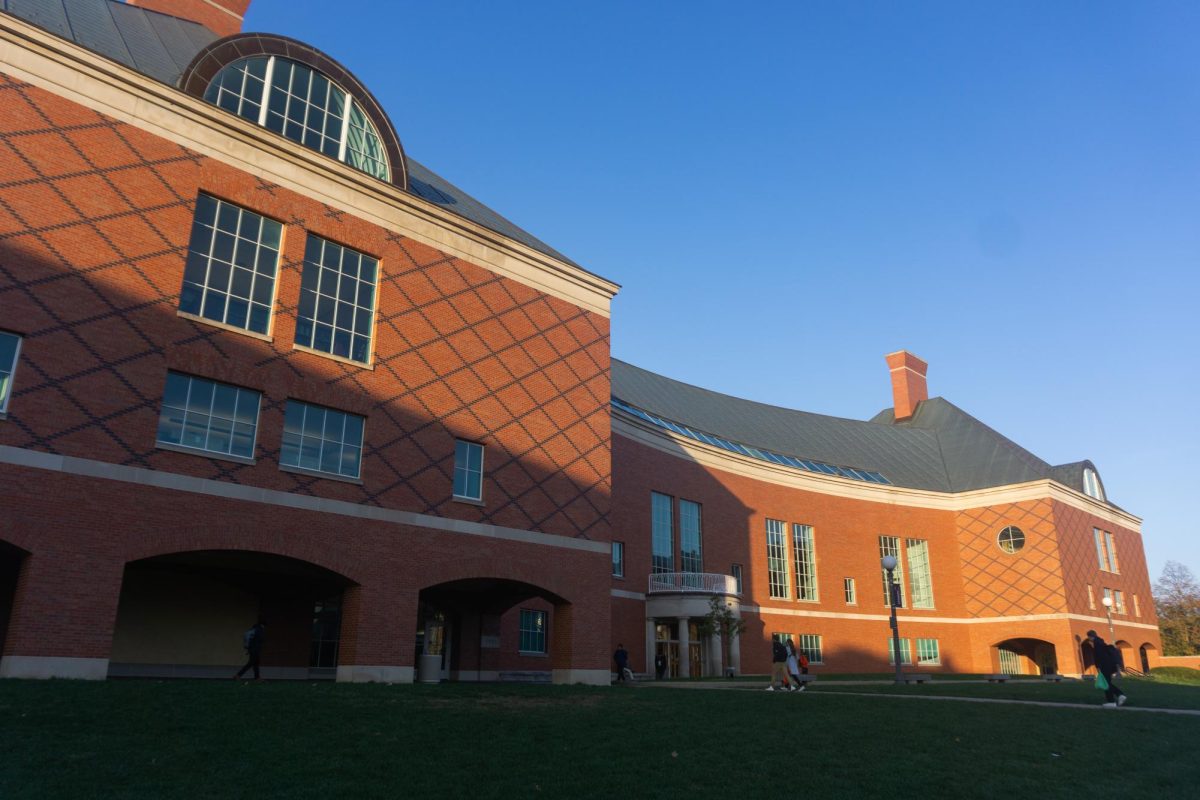On Dec. 6, the District of Columbia Court of Appeals upheld the law that would force China-based company ByteDance to sell TikTok. TikTok’s petition to overturn it on “constitutional grounds” was denied in a unanimous 3-0 decision.
This decision comes amid TikTok’s other numerous ongoing legal challenges, including the state of Illinois’s decision to sue TikTok in early October for harmful business practices.
Ari Waldman, professor at UC Irvine School of Law, explained the court ruled this way because it chose to trust the executive branch on matters relating to national security.
“The most searching form of judicial review of government action was essentially nullified because the court thinks the executive should have lots of leeway to determine what is and what is not a national security concern,” Waldman said in an email.
Waldman, however, emphasized that each court varies in the degree of “deference” it shows toward the executive.
Get The Daily Illini in your inbox!
“During COVID, an appeals court and the Supreme Court imposed its own policy preferences about vaccine mandates when it impeded the Biden administration’s management of military personnel, which was an unprecedented attack on executive autonomy on national security matters,” Waldman said. “Therefore, this decision says a lot more about the power of judges than it says anything about TikTok.”
For Senior Circuit Judge Douglas Ginsburg, who wrote the court’s opinion, national security concerns did not conflict with Americans’ First Amendment rights, which was the basis for TikTok’s petition.
“The First Amendment exists to protect free speech in the United States,” Ginsburg wrote. “Here, the government acted solely to protect that freedom from a foreign adversary nation and to limit that adversary’s ability to gather data on people in the United States.”
Ginsburg also emphasized in his decision that although the ban has “significant implications” for TikTok users, creators and the company, the court is placing the “burden” on TikTok and the Chinese government, not the United States.
“That burden is attributable to the (Chinese government’s) hybrid commercial threat to U.S. national security, not to the U.S. Government, which engaged with TikTok through a multi-year process in an effort to find an alternative solution,” Ginsburg wrote.
In response, TikTok filed an emergency motion for an injunction to stop the ban and give the Supreme Court time to decide to hear the case.
“The Supreme Court has an established historical record of protecting Americans’ right to free speech, and we expect they will do just that on this important constitutional issue,” TikTok said in a statement.
You can read the entirety of the court’s opinion here.







